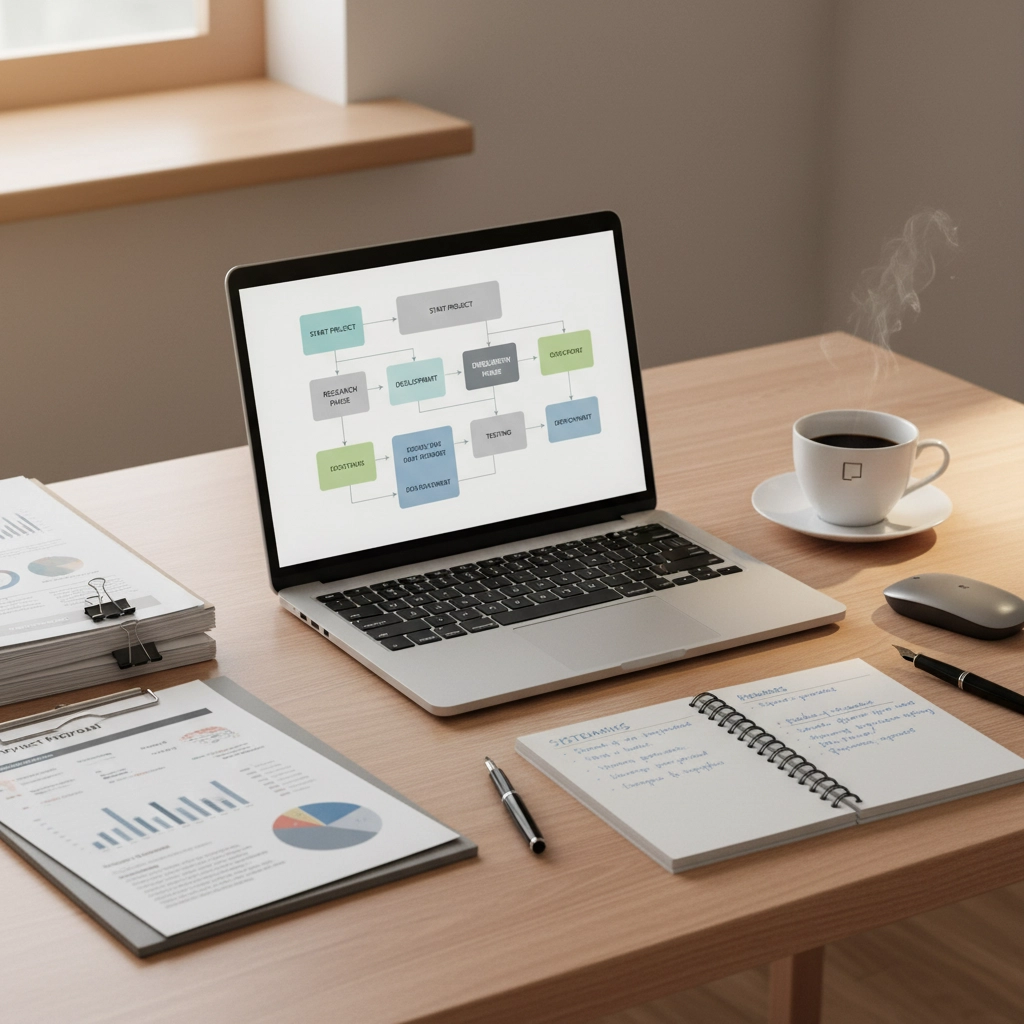The Role of Owners: Why You Need to Become Replaceable Before Selling
- Peter Lopez

- Sep 20, 2025
- 5 min read
Updated: Jan 11
Here’s a hard truth: if your business can’t run without you, it isn’t really a business — it’s an expensive job. And buyers won't pay top dollar for your job.
This might sound counterintuitive. After all, you've spent years building your expertise, developing relationships, and becoming the go-to person for everything important. But when it comes time to sell, being indispensable actually works against you.
Let's dive into why becoming replaceable is one of the smartest moves you can make for your business value, and how to do it without losing control.
Why Buyers Run From Owner-Dependent Businesses
Think like a buyer for a moment. You're considering purchasing a business, but the owner tells you they handle all major client relationships, make every important decision, and know all the "secrets" that keep things running smoothly. What's your first thought?
Probably something like: "What happens when this person leaves?"
This scenario creates what buyers call "key person risk", the chance that the business will struggle or fail without a specific individual. High key person risk equals lower offers, period.

Buyers want businesses that can generate profits without constant owner supervision. They're not interested in buying themselves a new job where they'll need to work 60-hour weeks just to keep things afloat. They want systems, processes, and teams that can deliver results consistently.
According to research on business valuations, companies with high owner dependency typically sell for 20-40% less than similar businesses with strong management teams and documented processes. Reducing owner dependence is a critical part of preparing a business for sale.
Buyers apply these discounts because owner dependence increases perceived risk and uncertainty.
That's not just money left on the table, that's potentially years of your life's work undervalued.
The Real Cost of Being Indispensable
Being the center of everything might feel important, but it comes with hidden costs that compound over time:
You're Trapped in Daily Operations When everything depends on you, you can't step back to work on strategic growth. You're stuck managing day-to-day tasks instead of building long-term value.
Your Business Can't Scale Growth requires systems and people. If you're the bottleneck for every decision, your business hits a ceiling, usually right around the point where you've maxed out your personal capacity. Scalable systems and leadership depth are core value drivers buyers consistently reward.
You Can't Take Real Time Off When was the last time you took a vacation without checking emails or fielding "urgent" calls? Owner dependency means you're always on call.
Exit Options Disappear Whether it's retirement, health issues, or just wanting to pursue other opportunities, owner dependency eliminates your flexibility to leave on your terms.
Making Yourself Replaceable: The Practical Roadmap
Don't worry, becoming replaceable doesn't mean making yourself irrelevant. It means building a business that showcases your leadership rather than your day-to-day involvement.
Step 1: Document Everything
Start by creating what I call "institutional memory", documented processes for everything important in your business. This includes:
Standard operating procedures for all key processes
Customer service protocols and scripts
Vendor relationships and key contacts
Financial procedures and approval processes
Emergency procedures and decision trees
Use simple tools like Google Docs or process management software. The key is making this information accessible to others, not just stored in your head.

Step 2: Identify and Train Your Second-in-Command
Look for someone in your organization who can learn your most critical responsibilities. This might be a current manager, a trusted long-term employee, or someone you hire specifically for this role.
Focus on transferring not just tasks, but decision-making frameworks. Teach them how you think through problems, not just what to do in specific situations.
Step 3: Delegate Systematically
Start small and work your way up. Begin by delegating tasks that:
Have clear procedures
Don't require your unique expertise
Have measurable outcomes
As your team proves capable, gradually delegate more complex responsibilities. The goal is to move from doing work to managing work to setting strategic direction.
Step 4: Build Direct Relationships Between Your Team and Customers
One of the biggest owner dependency traps is being the sole point of contact for important customers. Start introducing key team members to your major clients. Let others handle some customer calls and meetings.
This serves two purposes: it reduces your workload and shows buyers that customer relationships can transfer to new ownership.
Testing Your Replaceability: The 30-Day Challenge
Here's a practical test: could your business run smoothly if you took a 30-day vacation with minimal contact? Not just survive, but actually maintain quality and hit its numbers?
If the answer is no, you're not ready to maximize your sale value yet. But don't worry: this is a process, not a destination. Every step toward greater independence adds value.

Try this exercise:
Pick a typical week and track every decision you make
Categorize decisions as: Only I can do this / Someone else could do this with training / Someone else should already be doing this
Focus on moving items from the first category to the second and third
Common Mistakes to Avoid
Mistake 1: Thinking You Need to Leave Completely Becoming replaceable doesn't mean becoming unnecessary. Buyers often value experienced owners who can help with transitions or stay on in strategic roles.
Mistake 2: Rushing the Process Don't try to delegate everything at once. Build capability gradually to maintain quality and avoid overwhelming your team.
Mistake 3: Only Training One Person Having a single point of failure isn't much better than being the point of failure yourself. Cross-train multiple people on critical functions.
Mistake 4: Forgetting About Culture Systems and processes are important, but company culture matters too. Make sure your values and approach are embedded in how your team operates, not just what they do.
The Leadership Upgrade
The process of becoming replaceable before selling actually makes you a better leader. Instead of being the person who has all the answers, you become the person who builds systems that generate answers. Instead of being the bottleneck, you become the catalyst for growth.
This shift from operator to leader is exactly what sophisticated buyers want to see. It demonstrates that you haven't just built a business: you've built something that can thrive and grow under new ownership.
Become Replaceable Before Selling - Your Next Steps
Start with one area where you're currently indispensable. Pick something that happens regularly and has clear success metrics. Document the process, train someone else to handle it, and gradually step back from day-to-day involvement.
Remember, this isn't about working yourself out of a job: it's about building a business that's valuable enough to provide you with real options when you're ready for your next chapter.
The goal isn't to make yourself invisible, but to make your business independent. When you can honestly say your company would maintain its performance and culture without your daily involvement, you'll have built something truly valuable.
And that's exactly what buyers pay premium prices for.
Independence is one of the strongest signals of value
Buyers pay premiums for businesses that operate predictably without relying on a single person. Understanding how owner independence factors into risk, pricing, and deal structure can help you focus on the changes that matter most.

Comments